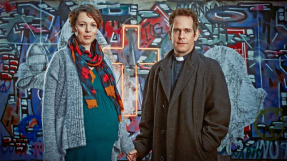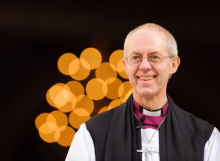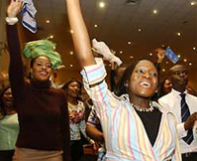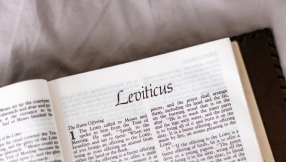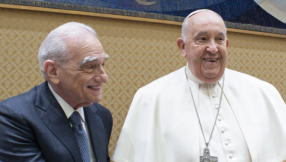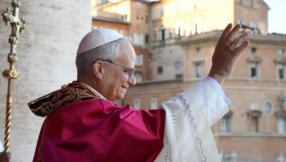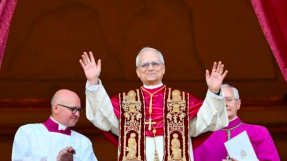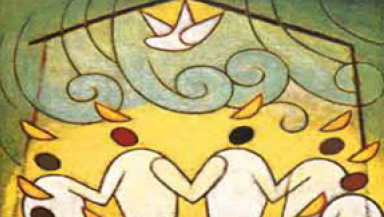
When was the last time you went to church and saw thousands of people become Christians?
After the Apostle Peter preached on the first day of Pentecost, shortly after Jesus' death and resurrection, the New Testament reports that 3,000 people came to faith that day alone.
It's a far cry from what most of us experience week by week. And it's probably fair to say it is a long way from what many of us expect either.
And yet throughout the story of the people of God – in different places, in various ways – the gospel has sometimes taken hold with dramatic results and explosive growth. Theologians call it revival.
We see it through church history. In the 18<sup>th century, there was the Great Awakening in America and the Methodist Revival in England. Fast forward a couple of centuries, and the East Africa Revival brought great expansion of the church in Uganda, Tanzania and Kenya from the 1930s through to the 1970s.
In our own era, the growth of the gospel in China in the last few decades has been so extraordinary that, as the Daily Telegraph reported in April, it is on course to become "the world's most Christian nation" by 2030.
We see revival in the pages of Scripture too, of course. Often when all hope seems lost, God will suddenly intervene in a way that transforms a situation – as he did in the time of the Judges. Several centuries later, after the Jewish exile in Babylon, Ezra and Nehemiah were raised up to lead national renewal. Most notably, of course, Pentecost launches the early church into its dynamic New Testament growth.
All these things should encourage us to be praying for revival. In challenging circumstances it was the prophet Habakkuk who wrote: "O Lord, I have heard of your renown, and I stand in awe, O Lord, of your work. In our own time revive it; in our own time make it known."
Yet we need to remember several things. Firstly, we cannot, as some churches assumed in the past, arrange a series of "revival meetings" – and just presume that the Holy Spirit will follow our pre-set agenda. The same goes for Alpha courses and various suggested formulae for church growth, however useful they are. It is we who are at the Spirit's disposal – not the other way round!
Secondly, we should "not despise the day of small things" as the Old Testament puts it. After all, Jesus says his kingdom grows from small, sometimes unnoticeable beginnings – a bit like the growth of a mustard seed. It wasn't so long ago that the church in China was like that.
Thirdly, we should remember that real revival can be very unsettling. As Collin Hansen and John Woodbridge point out in their book, A God-Sized Vision: Revival Stories That Stretch and Stir, an authentic movement of God involves conviction of sin, heartfelt repentance – and only then rejoicing. Revival brings growth – but that involves growing pains too.
Finally, revival often seems to follow concerted, long-term prayer. In 1892, a Presbyterian called John Hyde began praying for revival in India – and by 1899 was sometimes spending whole nights interceding. But it was not until 1904 that his prayers were answered.
More recently, Leonard Ravenhill, author of Why Revival Tarries, said: "There has never been revival, that I can trace, that has not been preceded by agonizing prayer..."
What would happen, I wonder, if even just a few of us printed out this article and put it somewhere as a reminder to pray regularly – for decades if necessary – until genuine revival comes to the West?
David Baker is a Church of England minister and journalist











